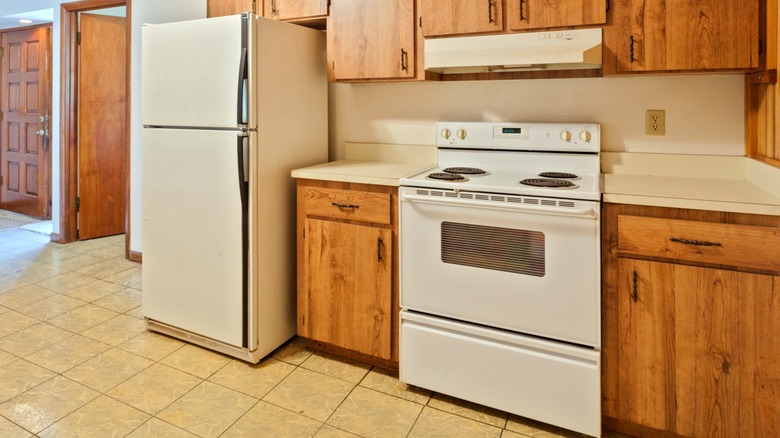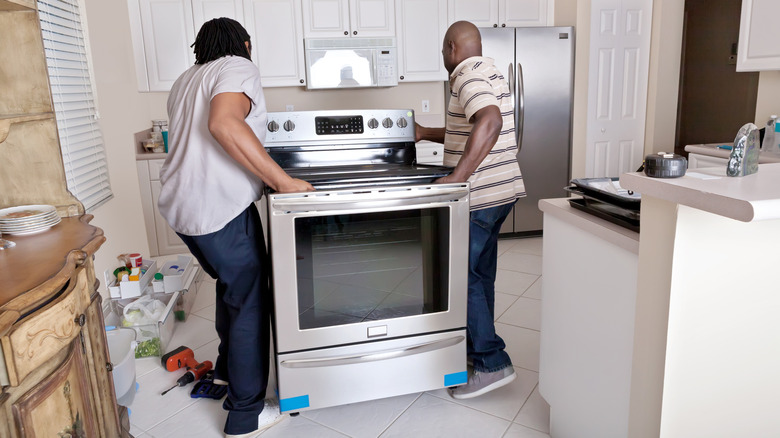Are Old-School Appliances Really Worth Keeping, Or Should You Be Modernizing?
We probably all know a story of the indestructible washing machine — built like a tank, running for decades, still hanging out in your parents' laundry room. But myths can blur into reality. Some vintage models really are workhorses, while others are costly, inefficient burdens. Old school appliances have truly earned their reputation for longevity thanks to easy-to-fix parts, simpler mechanics, mostly metal construction, and fewer electronic components. Back when our grandparents were setting up their homes, it was not unusual for a washer or dryer to last 20 to 30 years, compared to today's average of about 10. However, deciding to replace your ancient appliance might be a good idea if you take into account safety, electricity cost, and harder-to-find parts.
It's important to remember that durability often comes with trade-offs. Appliances built before the 1990s weren't as energy efficient, and if saving money on your power bill is a priority, you may want to reconsider keeping that 1970s one. Your old faithful garage fridge may be slowly draining your wallet. While some models are easy to repair, others may require discontinued parts that cost more to track down than just buying a newer appliance.
There are still reasons to keep that older refrigerator, especially if you know how to make your kitchen appliances last longer. If it's reliable, does it really matter if white appliances might be going out of style? A well-maintained relic may still deliver, but the golden age of buying an appliance that lasts through all of your kids' childhoods is over — and do you want to risk buying a dud?
When to upgrade your vintage appliances
The decision to modernize comes down to efficiency, performance, and cost. And when it comes to price, the kitchen is where the biggest savings are to be had. According to the U.S. Energy Information Administration, refrigerators use more electricity than any other household appliance — ahead of ranges, dryers, microwaves, dishwashers, or washing machines. Next in line for energy usage are clothes dryers. So, if you were considering updating any appliance, you should start with those.
Older refrigerators are most likely the culprit for your unusually high power bill, especially if their seals are breaking down. They also are not as energy efficient as modern refrigerators, which is why, if you are looking for savings, it may be worth getting rid of that retro refrigerator. However, if you have an older range, you just can't seem to part with, it likely isn't costing you much more than a newer model. When it comes to vintage appliances – especially American-made appliances – ranges and washers are less costly to run, and you may want to hold on to them until they die.
If the cost of running one of these older appliances isn't an issue for you, you may want to consider safety. Many older appliances weren't built with the safety features of our modern options. This is something that you should take seriously. Find yourself a trustworthy repair person and see if they can give your old, reliable appliance a check to make sure there are no hidden dangers, like loose or corroded wiring. If it checks out ok, no need to upgrade and spend extra money on a new appliance.

